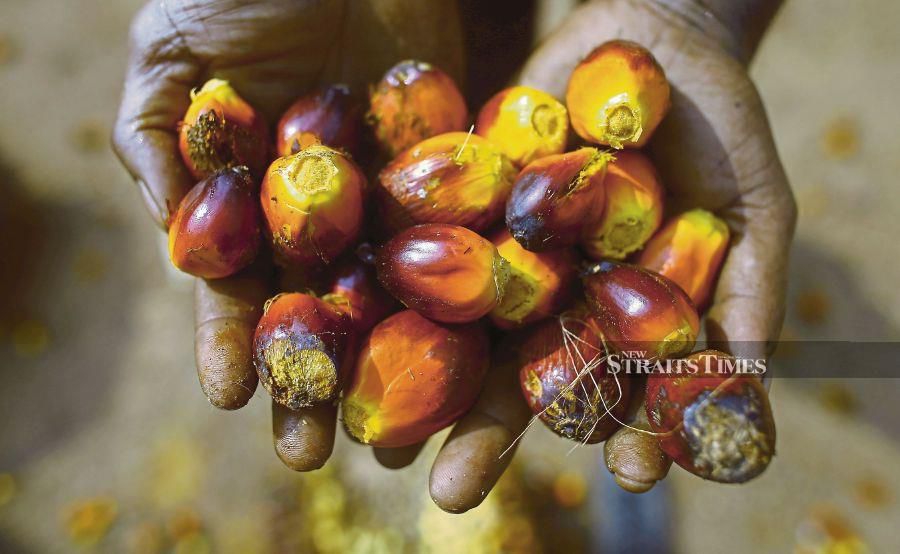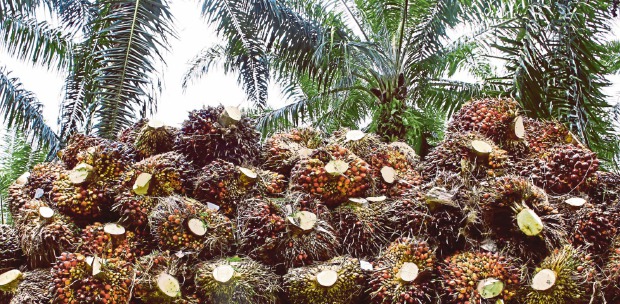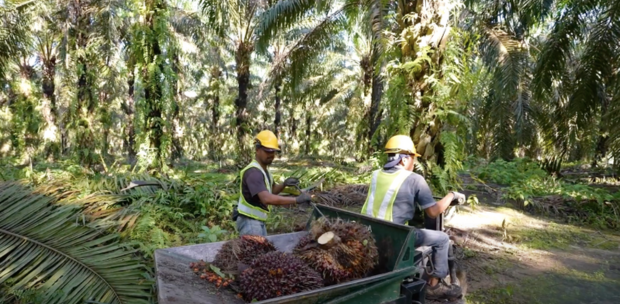KUALA LUMPUR: The Plantation Industries and Commodities Ministry (MPIC) will step up efforts to engage with stakeholders abroad to counter anti-palm oil allegations and narratives.
Its minister, Datuk Zuraida Kamaruddin said she had personally spoken to captains of industries on the immense benefits of palm oil, while countering all related fake news.
"This is in line with "The Global Movement to Champion the Goodness of Palm Oil" campaign.
"The response has been overwhelming and I believe given time, Malaysian palm oil will gain increased acceptance and may even be the dominant edible oil in non-traditional markets like Europe," she said in a statement today.
While palm oil production is alleged to lead to deforestation and biodiversity losses, she said replacing it with other types of vegetable oils could be even more detrimental for the environment.
"This was according to a report by the International Union for Conservation of Nature (IUCN). The key factor is the high yield of oil palms compared with other oil crops that require up to nine times as much land to produce the same volume of vegetable oil," she said.
As the MPIC has mentioned before, Zuraida said there were a number of advantages in using palm oil for the production of biofuel.
Unlike fossil fuels, the combustion of palm oil biofuel does not increase the level of carbon dioxide in the atmosphere as the oil is merely returning carbon dioxide obtained earlier from the atmosphere through photosynthesis. As such, biofuel is regarded as carbon neutral.
"Since carbon dioxide is a greenhouse gas responsible for global warming, the world benefits by the burning of biofuel instead of fossil fuel.
"Additionally, palm trees that produce oil have simultaneously absorbed a lot more carbon dioxide during photosynthesis to form biomass for other parts of the plant. The tree continues to absorb carbon dioxide throughout its life span of 25 to 30 years," she said.
She said the MPIC has to come to terms with a potentially steady decline of palm-based biofuels imports from the EU with exports this year seen at their lowest level in five years.
Biodiesel exports from Malaysia could decline to 250,000 tonnes from 300,000 tonnes a year ago while production is expected to rise to 1.2 million tonnes from one million tonnes in 2021, based on data from Palm Oil Analytics.
"On my part, I will ensure that MPIC and related agencies like MPOB step up efforts to engage with stakeholders overseas. I myself have led numerous trade missions to counter anti-palm oil allegations and narratives and will continue to do so," she added.





